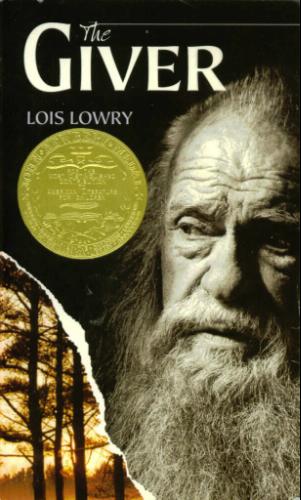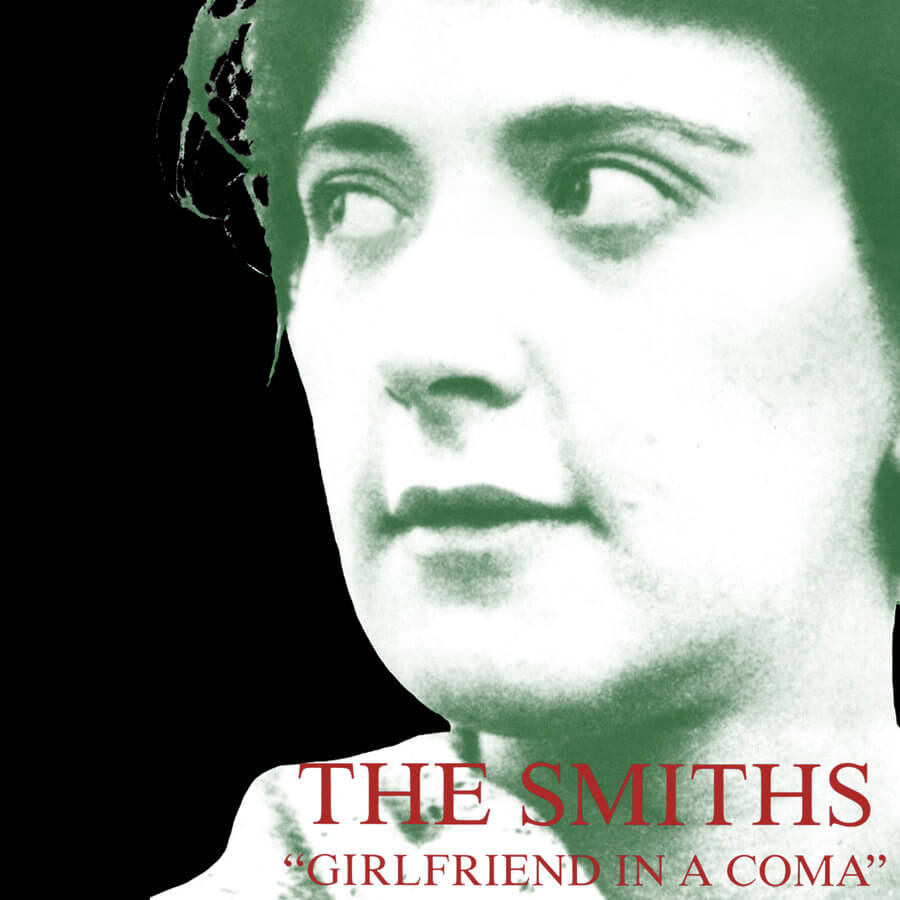If I Stay, The Giver, and the State of YA Cinema
Almost two years after the series ended, still it reverberates: really a shame that those Twilight movies were so terrible, huh? They were good for a laugh or two, of course, via Taylor Lautner’s shirt-doffing of and Jackson Rathbone’s inability to mimic basic human movement, but mostly terrible: overlong, overfaithful, and devoured by fans for those very qualities. But it’s hard to really slag hard on the Twilight series, because it’s so rare to see mainstream movies aimed unapologetically at young women. Some anti-Twilight sentiment had clearly sexist roots, decrying the encroachment of “girl stuff” upon apparently sacred genre junk.
Now studios are making movies out of YA books that aren’t Twilight, and this can only be a good thing, unless those movies are in any way related to the Mortal Instruments series, in which case all bets are off. The Hunger Games series, even bigger on film than the Twilights, and their merely semi-fantastical world (which is to say, dystopian but werewolf-free) have provided a stepping stone for YA movies less concerned with “world-building,” most notably The Fault in Our Stars. The newest YA bestseller turned film, If I Stay, makes sparing use of the otherworldly.
The movie opens cross-cutting between teenager Mia (Chloe Grace Moretz) spending a snow day with her family and extended flashbacks covering the history of Mia’s relationship with Adam (Jamie Blackley). Early in the snow day scenes, Mia and her family get in a terrible accident that leaves Mia roaming around outside her body, watching as she and her family are carted to the hospital. The flashbacks, as it turns out, comprise Mia’s life story up to this point, and they go on as she hovers between life and death.
I have not read the book, so I can only assume Moretz’s sometime narration of these events is included out of source fidelity, as it spends time explaining things easily conveyed by context, the actors (Mia’s parents are rock and roll; she prefers classical music), or sometimes what is actually happening onscreen as Mia narrates it (“The next day, dad came home with a present: a cello of my very own”). The characters start narrating, too: “It’s a cello and a guitar,” Adam helpfully explains about a bracelet featuring pendants in the shape of, uh, you get the idea. If I Stay tells its audience all about what’s happening on screen with unflagging earnestness, hopeful that if it includes enough talk about cellos and decisions and how life changes in an instant, it can maybe disguise the fact that it is totally a movie about a guy staring at a girl in order to unlock her secret specialness. That’s how Adam and Mia meet: he sees her, so overlooked and interior, rehearsing her cello on her own, and he falls in love. She does too, because he’s handsome and stares at her.
Ostensibly they bond over a love of music in general; he’s a year older, and fronts a rock band, which impresses Mia’s parents at least as much as Mia herself. The parents (Joshua Leonard and Mireille Enos) call their kids “dude” and generally speak with a kind of quippy cool-adult self-satisfaction, but they’re livelier company than Moretz, who has hung on to the perma-precociousness that characterized her work as a child actor. Moretz isn’t a mini-adult in the vein of a young Dakota Fanning, nor is she inexpressive. But little that passes over her face—especially the shock, sadness, and grieving she must endure in the post-accident narrative—feels spontaneous. Without a strong script, she doesn’t hint at much inner life, and sounds a little robotic.
And for a movie that should be all about character and emotion, If I Stay tangles itself in plot that seems beside its point. It tries to wring conflict from Adam and Mia’s lives pulling them in separate directions: his band is getting big (signed by Merge, even!) and he wants to stay in Portland, while she realizes she could get into Julliard. So just to clarify: the primary conflict in a relationship between teenagers is that the guy in a rising and heavily touring indie band doesn’t want his girlfriend to move away to cultural hub New York City. This seems like a pretty easy problem to solve or, for that matter, leave unsolved, though perhaps I am unsympathetic to the timeless plights of youth. (Youthwise, though, it doesn’t help that Blackley looks like a young college prof romancing a pre-frosh.)
Worse, the relationship story overwhelms the life-and-death stuff; Mia arrives so late at one particular crossroads—one that, based on the title and premise of the movie, seems quite central—that the crisis feels as inevitable and false as a rom-com misunderstanding or an obviously unvanquished foe in a slasher movie. Spoiler alert as I describe this chore of a movie in greater detail: around the three-quarters mark, Mia—still padding around the hospital grounds, watching her comatose body and her visitors—must decide whether to go on living. Because this hasn’t really been a question earlier in the film (as she specifically states, and with good reason, that she will do her best to pull through) and because the movie offers no real mechanism for her coma agency (you can see how her out-of-body self could give up, but not what she could do to fight her way back) and because Moretz doesn’t really sell the grief portion of the film and because the choice more or less boils down to how suicidal Mia feels, this supposed decision grinds the movie to a slow, drawn-out halt, giving it the vibe of a long stint in a hospital waiting room without evoking any of that tension.


Visually, Noyce does the obvious and probably necessary thing, starting the movie in black and white and then letting color seep in as Jonas begins to see it (in the book, the realization that these people can’t see color has the jolt of a major plot twist), and I liked his recurring shots tracking backwards in front of Jonas and others on their bicycles. He doesn’t make much attempt to turn this slim story into a booming spectacle, and for that fans of the book will probably be grateful (though the history of humanity that montages past when the Giver passes information to Jonas is a little boilerplate, mostly Life in a Day YouTube-quality video stuff). But as good as Bridges is in the Giver role, the other elaborations on the book’s sparseness, including Taylor Swift in a small role, don’t add much. The movie tries to be respectful by leaving the ideas to the book, but that makes this more of a tribute than an actual engagement with those ideas. In the movie and, I’m pretty sure, in the book, the Giver clarifies the limitations of this world: Jonas has experienced feelings, he says, but not the fullness of emotions. It’s a too-perfect description of The Giver and so many other YA adaptations on film: earnest feeling without any depth.
You might also like 





















